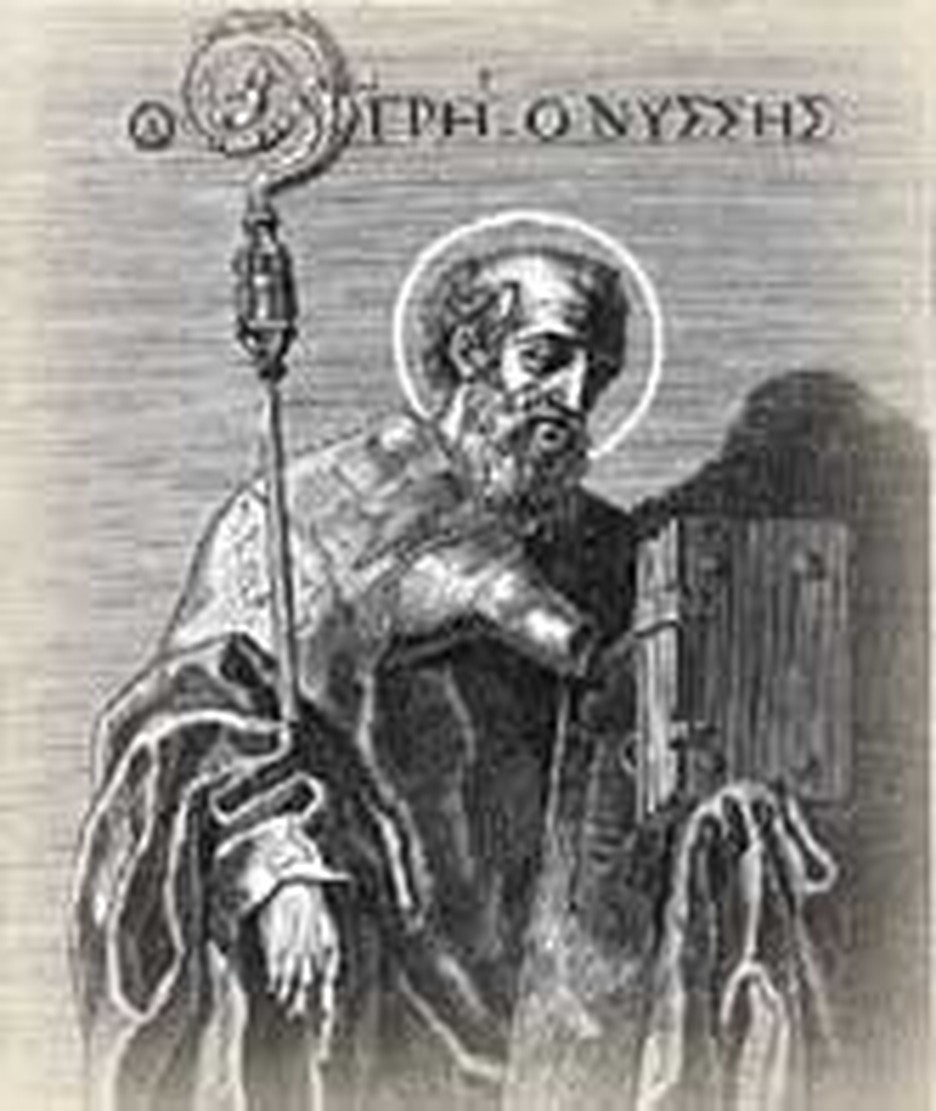
In front of Gregory's eyes were remains from forty brave men who had died rather than betray Jesus. Throughout Cappadocia (a region now in central Turkey), the story was well known. But to see their actual bones... It transformed the story into reality for him: the forty's defiance of their emperor's order to pour out a drink offering (libation) to a heathen god, their whipping, imprisonment and finally their death, exposed naked all night on ice. Gregory considered himself a Christian. Suddenly he saw that God had the right to demand his whole life.
At once he determined to live his life completely for Christ. But what did the Lord want of him? To become a priest? Gregory thought about it, but decided it wasn't for him. He became a professional orator (more or less a lawyer) like his father, married and settled down, but served the church as an active layman. Gregory's brother, known to us as Basil the Great, liked to put people in slots of his own choosing. He needed bishops who would support him against the Arian heresy (which denied the full divinity of Christ). He urged Gregory to reconsider. Eventually Gregory listened and became a priest. This did not alter his marriage. In that time and place, priests married.
Soon Basil made Gregory the bishop of Nyssa, a small town near Caesarea. (That is why we refer to Gregory as Gregory of Nyssa.) But his appointment was a disaster. He was not made for administration. Naive, he did not get along with the church and its Arians. His opponents accused him of mismanagement and embezzling church funds. The last accusation was false but caused him difficulties anyhow.
He was arrested but escaped. In his absence, a local council deposed him. For two years he wandered the region until a change in politics changed his status. A new emperor came to the throne and issued an edict or proclamation of tolerance concerning the religious conflict. Gregory returned to Nyssa where he was warmly welcomed.
Basil died soon afterward and Gregory took on a more important role in the defense of orthodox belief. He was a leader in two councils and defended the Trinity.
He also wrote many books. Passages from these are considered quite beautiful. His book on Moses urged people to a deeper spiritual life. He taught that it is not so much our sins that keep us out of heaven as our unwillingness to accept God's freely offered forgiveness. For example, when the Israelites came out of Egypt, they grumbled, worshipped an idol, and engaged in a sexual orgy. In spite of all this, God led them toward the Promised Land. What kept them out was their refusal to believe the report of Joshua and Caleb. Instead, they accepted the report of the ten frightened spies. In the same way, we must believe Christ if we are to enter Heaven, he taught.
The Lutheran Church commemorates Gregory of Nyssa on this day, June 14.
Bibliography:
- Baring-Gould, S. Lives of the Saints. Edinburgh: John Grant, 1914, also the source of the picture.
- "Gregory of Nyssa, St." The Oxford Dictionary of the Christian Church. Edited by F. L. Cross and E. A. Livingstone. Oxford, 1997.
- LeClercq, H. "St. Gregory of Nyssa." The Catholic Encyclopedia. New York: Robert Appleton, 1914.
- Schaff, Philip and Wace, Henry. A Select library of Nicene and post-Nicene fathers of the Christian church. Second series. Translated into English with prolegomena and explanatory notes, under the editorial supervision of Philip Schaff and Henry Wace. Grand Rapids, Mich., W. B. Eerdmans Pub. Co., 1952 - 57.
- Various encyclopedia and internet articles.


